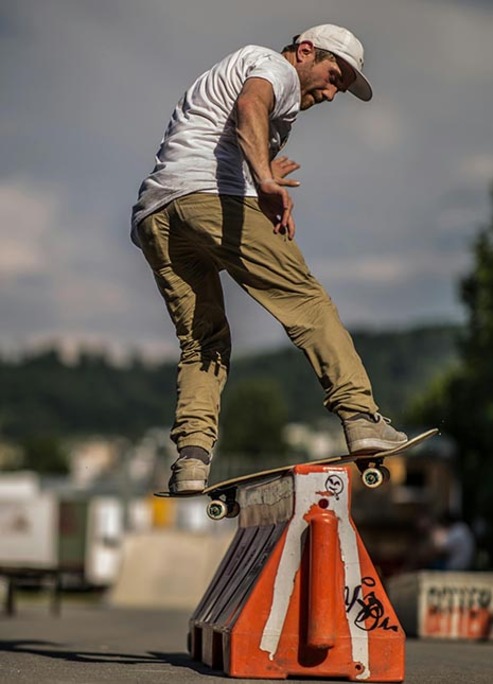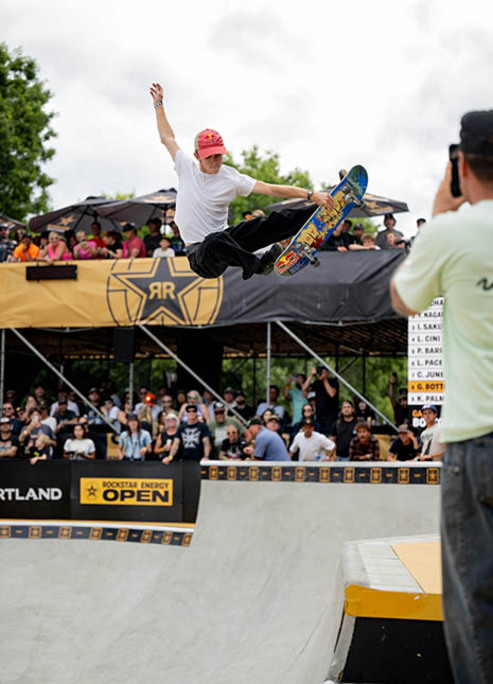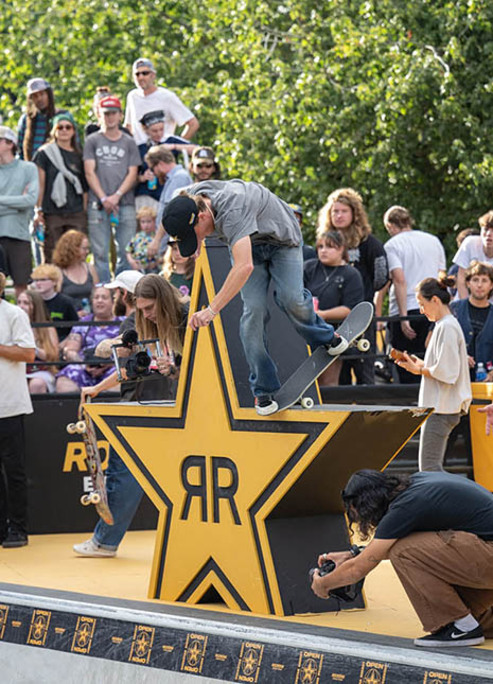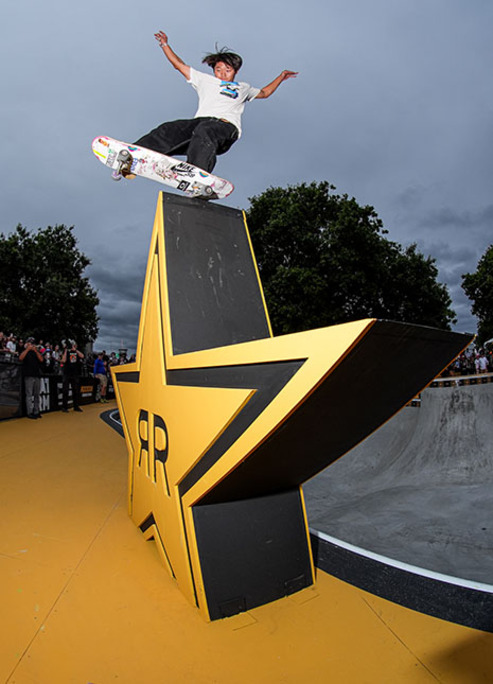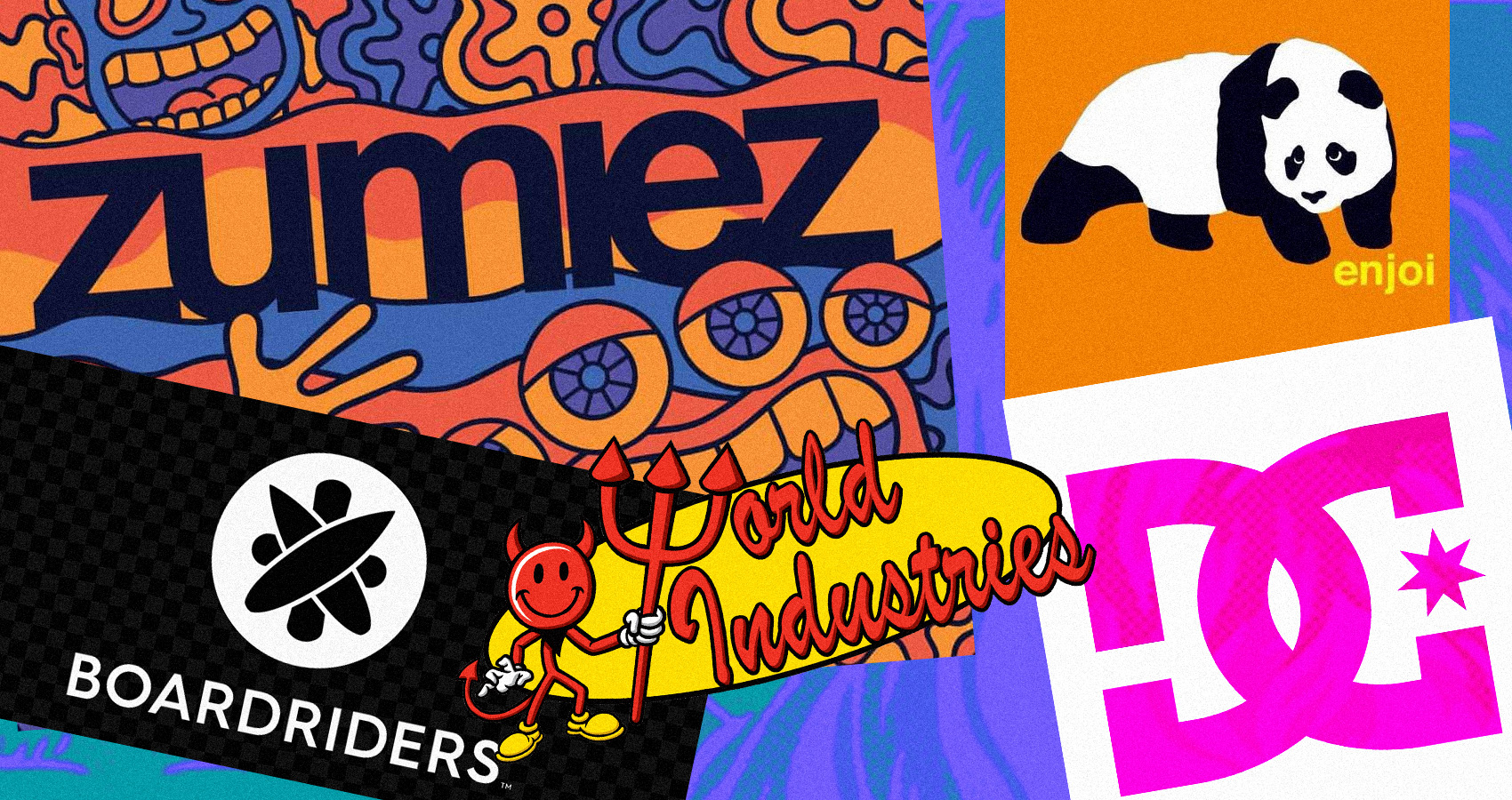
Private Equity Is Quietly Killing Your Favorite Skate Brands
The skateboard market hit $3.2 billion in 2022, but that success story comes with a dark twist that most skaters don't see coming. While we've always had to deal with mainstream brands trying to co-opt our culture, there's something much more insidious happening behind the scenes: private equity firms are systematically buying up and destroying the core brands that built skateboarding.
This isn't your typical corporate sponsorship situation. Private equity operates on a completely different level of destruction — they use massive amounts of borrowed money to buy legendary brands, load them with debt, strip them for parts, and then flip them for profit. It's the same playbook that's hollowed out healthcare systems and retail chains, except now they're coming for skateboarding.
The body count is staggering. World Industries, the brand that defined '90s street skating with Rocco's irreverent marketing and legendary riders like Rodney Mullen and Daewon Song, got passed around between private equity firms until it became a lifeless shell. Dwindle Distribution, which housed Almost, Blind, Enjoi, and other essential brands, collapsed entirely in 2023 after private equity fired longtime employees and gutted the teams that made these brands culturally relevant.
The Boardriders saga might be the most brutal example yet. Oaktree Capital and later Authentic Brands Group systematically destroyed Quiksilver, DC, Billabong, Element, and RVCA through aggressive cost-cutting and mass layoffs. Sponsored skaters were unceremoniously cut or forced to resign as these firms prioritized debt servicing over team support. As one pro skater put it: "One day you're family, the next you're a line item on a spreadsheet."
It's not just brands getting crushed. Private equity money helped Zumiez expand to 700+ locations, systematically undercutting local skate shops that can't compete with their scale and venture capital backing. This creates the "Walmart Effect" for skateboarding retail — authentic community spaces get replaced by corporate stores optimized for profit extraction rather than culture building.
The math here is simple but devastating. Private equity sees skateboarding as just another consumer demographic to monetize, not a living culture to nurture. They approach our scene with spreadsheets and debt restructuring, treating creativity and authenticity as inefficiencies to be eliminated.
What makes this particularly screwed up is how it reveals private equity's reach. If they can infiltrate and destroy a purposefully gatekept subculture like skateboarding, no industry is safe. The brands that were trendsetters for generations of street skating — Fallen, Emerica, Lakai, Almost, Enjoi — are either gone or somewhere in the liquidation process.
This destruction represents more than business failures. It's the systematic erasure of institutions that defined skate culture across decades. And unfortunately, it's just getting started.
Read the full investigation: No Comply: Private Equity and Skateboarding


